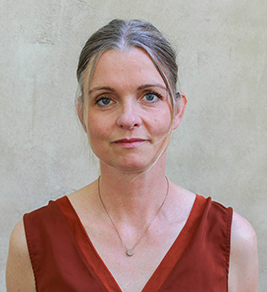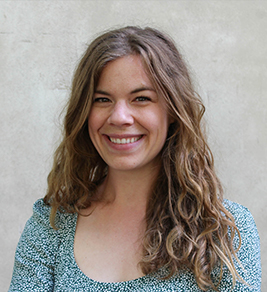Population ageing is one of the main demographic trends in the Nordic countries and it is widely considered important to plan and prepare for ageing and its possible implications. Ageing is often regarded as a challenge that will result in increased economic and societal demands and there are concerns about the possible effects of a decreasing work force and the costs of supporting and caring for a growing number of older people. Nevertheless, while population ageing is often viewed negatively from an economic standpoint, older people can also provide substantial economic and societal opportunities, especially when healthy and active.
This project is focused on the concept of the silver economy. This term refers to all economic activities that are linked to older citizens. Many older people continue to make valuable economic and societal contributions beyond official retirement age through paid or unpaid work, such as by providing informal care to other older people, grandchildren or adult children. In this regard, promoting health and activity in older age is vital as it may not only improve economic productivity and competitiveness but also increase wellbeing and inclusion while minimizing the risk of social isolation. In addition, a growing number of older consumers also means that there will be an increased demand for new types of services and products.
Tapping into the potential and opportunities that an older but healthier population might bring requires policy attention across a range of different domains and at different territorial scales and the involvement of multiple stakeholders. At the global level, the WHO, UN and OECD have played a central role in raising policy awareness about ageing and health, and in Europe, the European Commission has launched several initiatives to support healthy and active ageing and to promote a sustainable silver economy. However, the importance of regional and local authorities remains pivotal, as they are often central actors for implementing measures in policy areas such as social services, healthcare, education and training, entrepreneurship and labor market.
This project examines what types of policies there are to promote silver economy and other related concepts such as healthy and active ageing in the Nordic countries. This study seeks to uncover what types of policy action has been taken at the national level during recent years, but also what types of regional and local initiatives there are to promote economic and social participation among older people. The project has a specific focus on rural areas and border regions. The interest, in particular, is to examine how the promotion of the silver economy could help rural regions that are facing significant population ageing cope with these demographic challenges.




